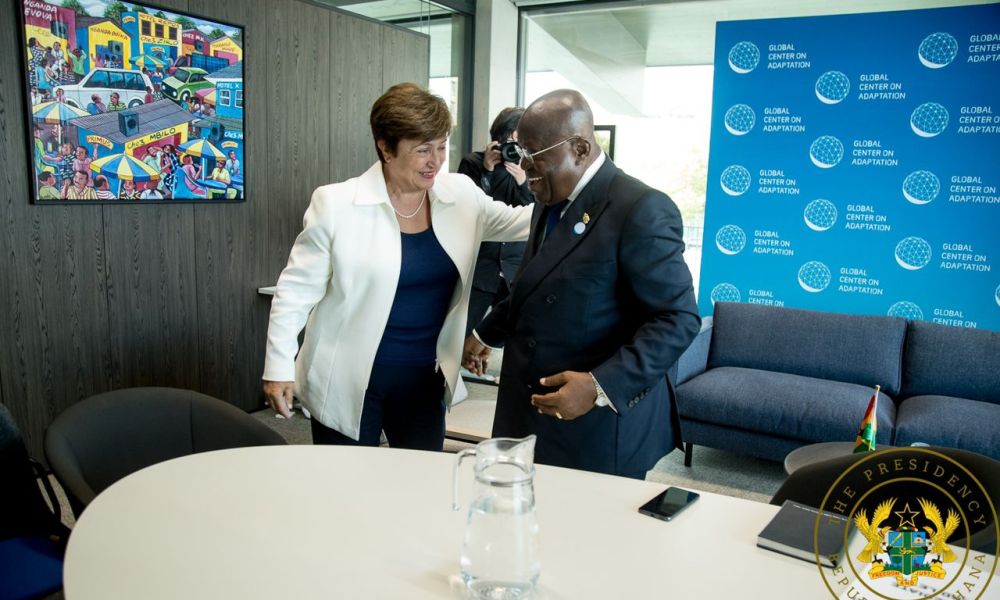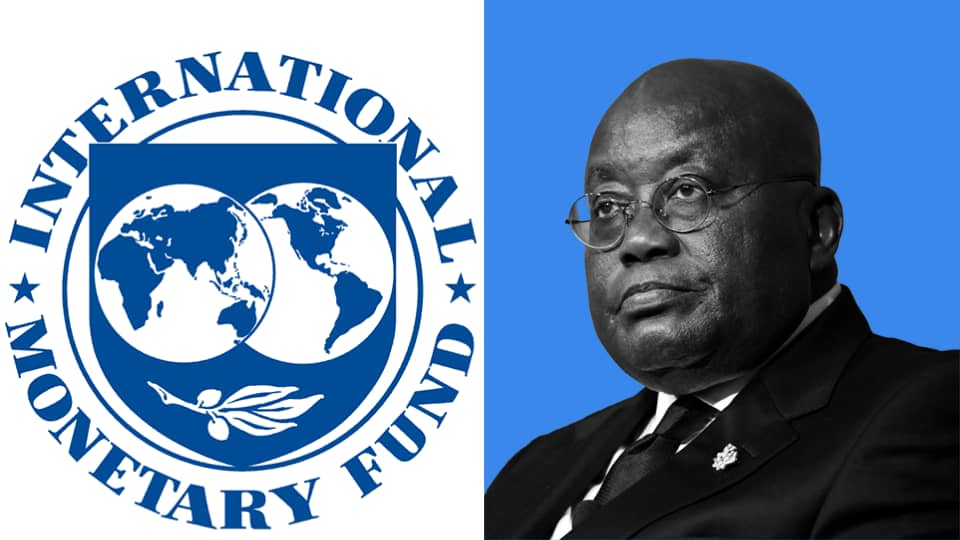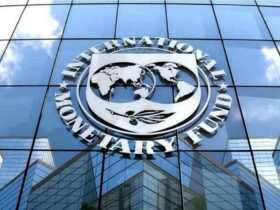The International Monetary Fund (IMF) has indicated that the Ghanaian government may consider reinstating the suspended 15 percent value-added tax (VAT) on electricity, as the country’s inflation rate continues to decline.
This potential move comes at a time when some European nations are subsidizing electricity to alleviate the financial burden on their citizens.
Initially introduced as a revenue-raising measure to support COVID-19 recovery efforts, the VAT on electricity was backed by the IMF but faced strong public opposition in Ghana.

The tax was particularly controversial among residential consumers, who expressed concerns about the increased financial strain it would impose.
In a directive dated January 1, 2024, and signed by the then Finance Minister, Ken Ofori-Atta, the Ministry of Finance instructed the Electricity Company of Ghana and the Northern Electricity Distribution Company to apply the VAT above a certain threshold for residential customers.
However, the government put the tax on hold following threats of a nationwide protest by Organized Labour, which was scheduled for February 13, 2024, if the policy was not fully withdrawn.
The Ghana Statistical Service recently reported that the annual inflation rate fell to 20.9 percent in July, down from 22.8 percent in June, marking a 28-month low.
With inflationary pressures easing, the government is likely to reintroduce the VAT on electricity, according to the IMF’s Country Staff Report for July 2024.
While the IMF argues that the tax is essential for Ghana’s economic recovery, the decision is expected to spark renewed public debate over electricity affordability and its broader impact on households.
(West Africa Daily)
Follow the Parallel Facts channel on WhatsApp: https://whatsapp.com/channel/0029VaCQSAoHgZWiDjR3Kn2E









Leave a Reply